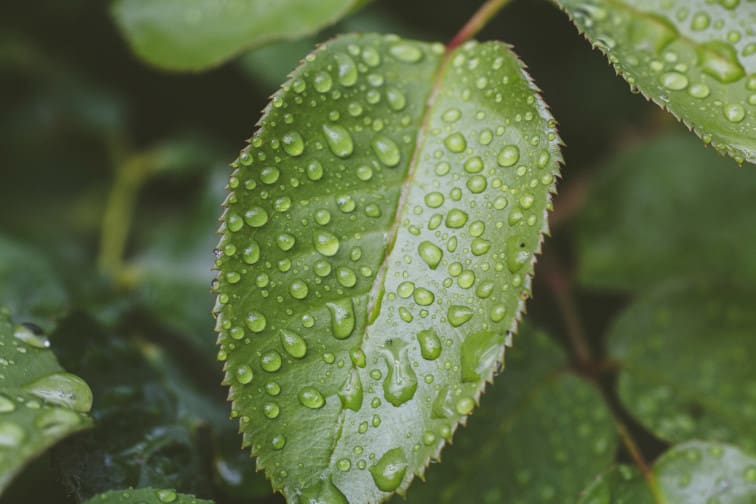
Getting inked shouldn’t come at a cost to the environment
People can spend years thinking about the tattoo they want, but unlike the impressive designs they create, a tattoo artist’s waste shouldn’t live forever.
According to Waste Managed, the average tattoo parlour produces 1,300 bags of rubbish every year, and 1.5 million tonnes of waste. This is perhaps no surprise, as the UK is the most tattooed country in the world.
And with so much tattoo waste being unique and difficult to dispose of correctly – such as needles – effective waste management should be a priority for every tattoo artist. With that in mind, here’s everything you need to know.
The nature of tattoo waste
Tattoo studios generate a distinctive mix of waste types, each requiring specific disposal methods. The most common types of waste include:
-
Clinical waste: Items contaminated with bodily fluids, such as needles, ink caps, and gloves.
-
Sharps: Used needles and blades, which pose a significant injury and infection risk if not handled properly.
-
Non-hazardous waste: Everyday waste like paper towels and plastic wrappers.
-
Chemical waste: Leftover inks, sanitizers, and disinfectants.
The importance of proper disposal
Improper disposal of tattoo waste can have severe environmental and health impacts. When needles are improperly disposed of, they can injure sanitation workers or end up in landfills, posing a risk to anyone who comes into contact with them. Worse still, chemical waste can contaminate water sources, affecting both wildlife and human populations.
The environmental impact is equally concerning. The Waste and Resources Action Programme (WRAP) highlights that over 70% of waste from small businesses, including tattoo studios, could be recycled or reused, yet a significant portion ends up in landfills. This not only exacerbates the strain on landfill sites but also contributes to the release of greenhouse gases.
Strategies for effective waste management
Segregate waste at the source
The first step in effective waste management is segregating waste at the source. Different types of waste should be disposed of in separate, clearly labelled containers to facilitate proper treatment and recycling.
Use of sharps containers
Sharps, such as needles and blades, should be immediately disposed of in designated sharps containers. These containers are puncture-resistant and sealable, ensuring safe disposal.
Partner with specialised waste disposal services
To make sure they’re sticking to guidelines, tattoo studios should consider partnering with waste disposal companies that specialise in handling clinical and hazardous waste. These companies ensure that waste is treated and disposed of in accordance with legal and environmental standards.
Reduce, reuse, recycle
Where possible, tattoo studios should adopt the principles of reducing, reusing, and recycling to minimise waste. This simple mantra can make a big difference. For example, using reusable cloths instead of disposable paper towels can significantly reduce non-hazardous waste.
Education and training
Educating tattoo artists and studio staff on the importance of waste management and proper disposal techniques is crucial. Regular training sessions can help ensure compliance with waste management protocols.
Key takeaways
Effective waste management in tattoo studios is not just about compliance with regulations, it’s about taking responsibility for the environmental and health impacts of the industry. By adopting proper waste disposal practices, tattoo artists can ensure that their art leaves a lasting impression on their clients, not on the planet.
As the tattoo industry continues to grow, embracing sustainability will not only be beneficial for the environment but will also set a positive example for businesses across all sectors.


Contact Everflow today!
At Everflow, our goal is to make your utilities simpler. We ensure you get great-value contracts that are tailored to your needs and easy to manage.


